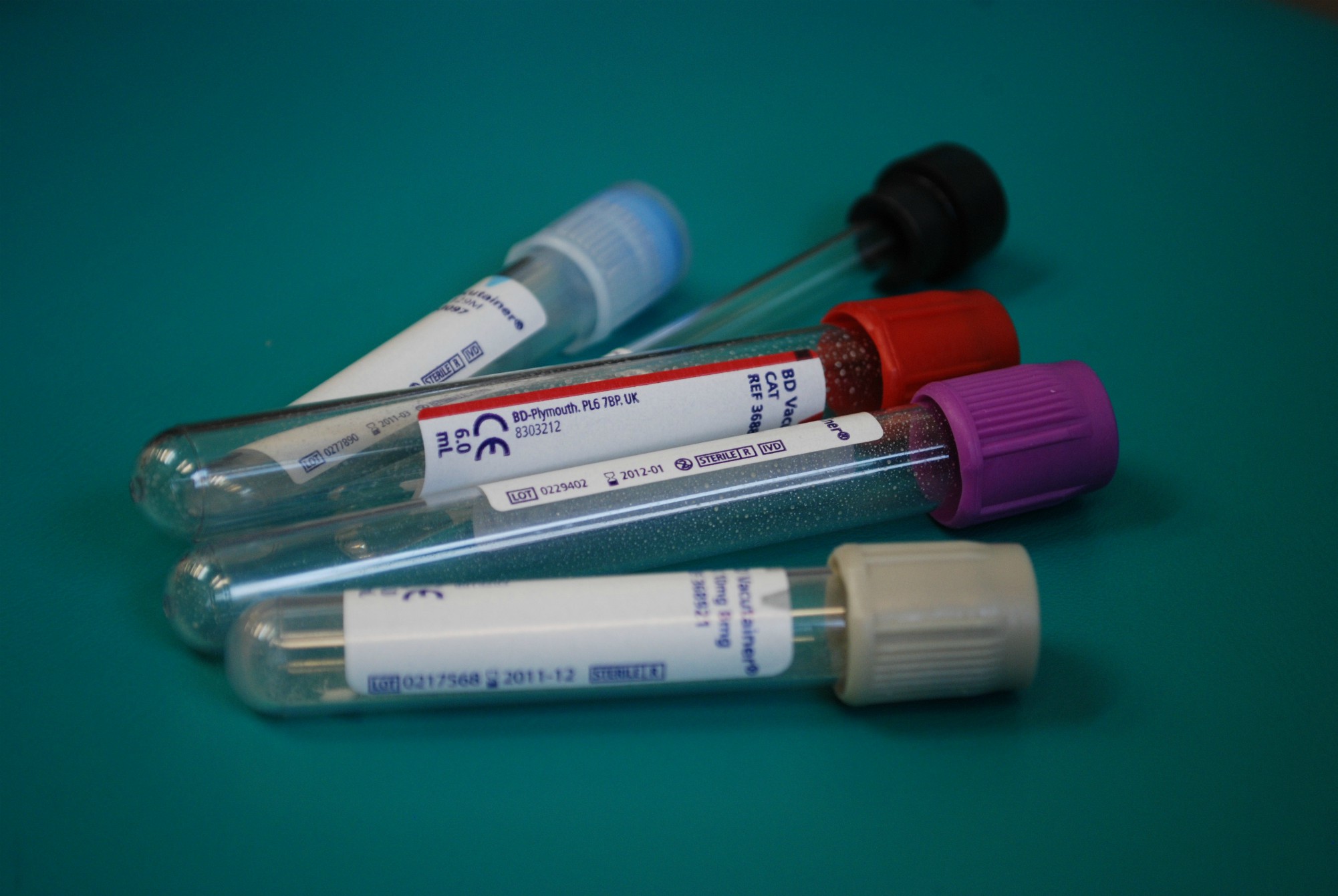Back to ‘About Pancreatic Research’
Pancreatic cancer is extremely complex and doesn’t always behave in the same way as other cancers. There is still much to understand about the biology of the disease to tackle it more effectively. Our ‘fundamental’ research projects often investigate mechanisms the disease uses to develop and spread and how these mechanisms are driven, or assesses whether new knowledge is relevant to pancreatic cancer. This research can often reveal new insights into the disease that could either help inform future research projects or potentially be taken forward to develop into new treatments.
Researchers working in this area:
Prof Hemant Kocher, Barts Cancer Institute, Queen Mary University of London
Professor Kocher is looking at why immunotherapy – a treatment which harnesses the patient’s immune system to kill cancer cells – works with some cancers but not with pancreatic cancer. Find out more.
Professor Maeve Lowery, Trinity College Dublin
Prof Lowery is studying tumour samples to find changes in different regions of certain genes and assess how these affect a patient’s response to drugs . Find out more.
Dr Mairead McNamara, University of Manchester/The Christie NHS Foundation Trust
Dr McNamara is analysing blood and tissue samples donated by patients with later stage disease to look for genetic mutations similar to those seen in breast and ovarian cancer. Find out more.
Sarah McClelland, Barts Cancer Institute, Queen Mary University of London
Dr McClelland is investigating the possible causes of a genetic defect called chromosomal instability in pancreatic cancer to see whether efforts to limit this defect before administering chemotherapy will improve patients’ response to treatment. Find out more.

